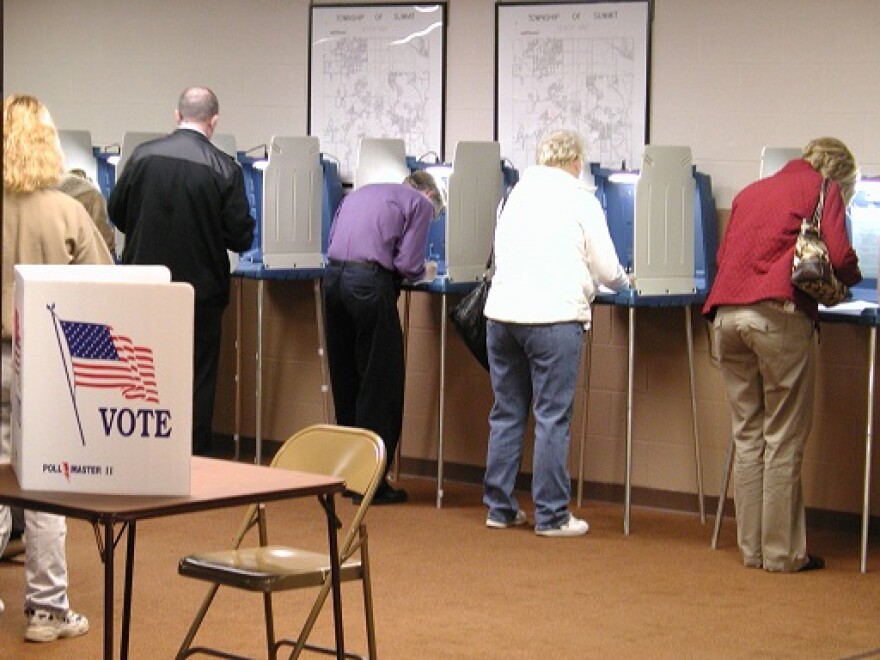Michigan residents have a first-ever opportunity to be directly involved with the re-drawing of political district lines tonight when the Michigan Independent Citizens Redistricting Commission (MICRC) hosts its first of 16 public hearings on the redistricting process.
The hearing from 6-9 p.m. Tuesday at One American Event Center in Jackson will also be livestreamed. Any Michigander can RSVP to attend the in person or online, and submit public comments virtually, here.
“The most important purpose of the public hearing is to actually hear from Michigan residents about potential redistricting plans that will impact them,” said MICRC spokesperson Edward Woods III.
Michigan voters can also submit written testimony for the MICRC’s consideration via a public comment portal.
This is a brand new redistricting process for Michigan. The MICRC was created in 2018 when voters approved an amendment to the Michigan Constitution via statewide referendum that took the power to re-draw political district lines out of the hands of elected state lawmakers and empowered the newly-created MICRC to do the job instead.
New also means unfamiliar. Woods says a Glengariff survey commissioned by MICRC found that nearly 75% percent of respondents did not know what the commission is or what it does – though more than half of respondents had heard something about the change in the redistricting process.
The state constitution also (now) requires Michigan to consider how redistricting plans could impact “communities of interest”, which could include “populations that share cultural or historical characteristics or economic interests”.
“You can look at a community of interest like a downtown business development authority where one side is in one district and the other side is in another district,” Woods said. “We want to hear from them why it’s important for them to be together [in the same political district].”
Woods says the commission welcomes anyone who believes they may be part of a community of interest to address the commission and explain the impact of redistricting on their communities. Woods gave another example of an ethnic neighborhood that’s separated by political district lines, thereby diluting the influence of voters from a specific cultural group.
A redistricting and voting right policy specialist, Fred McBride with the Lawyers’ Committee for Civil Rights Under Law says considering how redistricting impacts communities of interest isn’t a novel concept, but is given particular emphasis in Michigan’s amended constitution. He says the public meetings are vitally important for voters to attend.
“This public comment period allows individuals to come and tell the commission, ‘this is our community – here are the things we share and have in common,” McBride said. “That block of people getting together in the same district can have a great effect on public policy and the people they elect.”
John Chamberlin, a professor emeritus of public policy and political science at the University of Michigan, worked with graduate students to publish a report of recommendations for MICRC regarding the role of communities of interest. He thinks the public hearings and MICRC’s control of the redistricting process will result in less gerrymandered political district lines across the state.
“It’s a way, for the first time, for the citizens of Michigan to have some influence. Rather than [redistricting] being done behind closed doors, it’ll be done in the open,” Chamberlin said.
Leaders of the advocacy group Voters Not Politicians, which authored the constitutional amendment and organized the ballot petition, celebrated the next step of conducting public hearings.
“Today the MICRC beings to listen to the people and collect critical input from communities and individuals on their interests and how they want to be represented,” Voters Not Politicians Executive Director Nancy Wang said in a statement. “We urge all Michigan residents to make their voices heard.”






